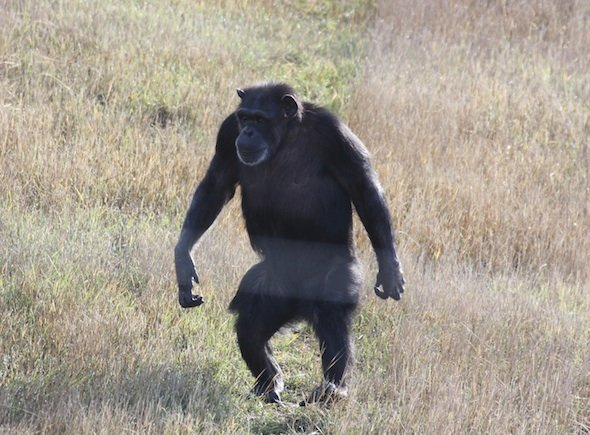New studies suggest that our species(Homo Sapiens) may have evolved near the border of Namibia and South Africa. The rationale behind that is unclear because this continent has yet to reveal one precise location from which we evolved.
But that is not the major bone of contention.
Actually, it is great for the field of human origins because it offers a lot of scopes to work with.
Africa is great because of its regional diversity. From the mild temperatures in the South to the grilling heat of the centre. It is large, and it is diverse. It is a playground with different environments and adaptation strategies. It provoked early humans so much that they learned versatility.
On the origins of humans being somewhere in Namibia, I can only be surprised. I can’t think of a better candidate than that one if the goal is to push human capabilities. In this environment, adaptability is crucial. This place is harsh and unforgiving. It is hot, semi-desert, and sparse. On top of that, it has predators.
It forces survival, curiosity and discomfort. A group structure is essential since food is far out, but so is self-reliance. For instance, the scorching heat affects all parties in a manner that feels personal and direct. So people depend on each other and, by necessity, themselves.

The land was vast for such small human populations, so new terrains inspired exploration.
It may have also been due to necessity, maybe from avoiding increasing contact with predators.
What about the reliance on water? Well, we have evolved to survive on less than a litre of any liquid a day. And we can go three days without water before we part. All of this paints a picture of a water-scarce land, where bipedalism is not just necessary but also the loss of fat. Our body system had to work, and that memory had to be stored in the human resolve until today!

Meanwhile, in central Africa, there is the rainforest, which also comes with certain factors. Plus, when humans first evolved, the forest region may not have been as it is today. Large animals may have also been plentiful then! Or scattered throughout, at the least!
It may be that human movements also lent themselves to exchanging genetic material. So, it may be that people were not as isolated from each other as previously thought. When people were in tribes within a few kilometres of each other, they exchanged a lot of material and morphed into a new entity, allowing them to explore further.
By the time different human species met on earth, they were already objects of a larger entity behind them, that entity constituting whatever they were at that point.
So fossils paint a story of multiple humans living at once, and they likely interbred and solidified the human story. It is said that diversity is great, now imagine being someone that carries that diversity. Because of all that diversity, we are resilient today.
In truth, our ability to withstand extreme heat contributed to our survival in cold environments. Because it is not the environment which is the issue per se but our ability to resist it.
By the time humans entered the new world, they had gone through enough adversity on a single giant continent to weather anything.
Africa was, and still is, essential for the human story!

Thanks for reading.
Go back here.



Pingback: Africa 101: As seen by an African! - selfli.Imbizo